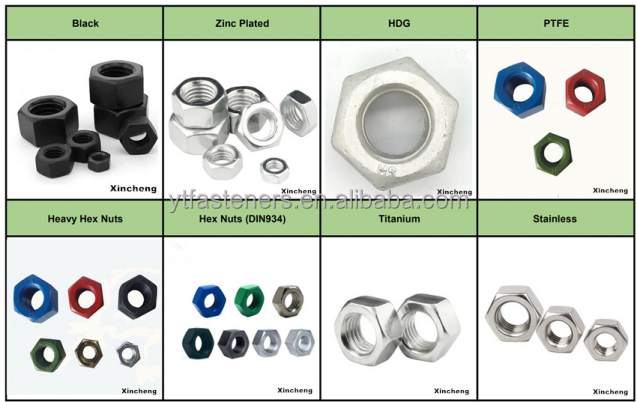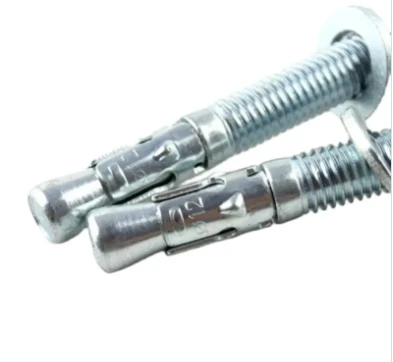জানু. . 06, 2025 15:57 Back to list
anchor bolt types
The world of construction and engineering frequently relies on the seemingly simple yet crucial component anchor bolts. These essential elements serve as the backbone of any structural foundation, ensuring stability and safety. The types of anchor bolts available on the market vary, each designed for specific applications and conditions. Understanding these different types can significantly enhance the performance and longevity of any construction project.

1. Cast-in-Place Anchor Bolts
Cast-in-place anchor bolts are embedded directly into the concrete as it is being poured. This type of anchor is highly reliable because it becomes an integral part of the structure once the concrete sets. Builders often use cast-in-place bolts in large-scale projects where strength and durability are paramount, such as in bridges, skyscrapers, and industrial buildings. These bolts are typically crafted from high-strength steel to withstand immense loads, offering a trustworthy solution for permanent structural applications.

2. Expansion Anchor Bolts
Popular for their versatility, expansion anchor bolts are suitable for a variety of environments. These anchors are inserted into a pre-drilled hole in the concrete, and as the bolt is tightened, a section of it expands, securely fastening it in place. This design makes them particularly effective for retrofitting and updating existing structures where cast-in-place bolts cannot be used. Expansion anchors are available in various materials, including zinc-plated steel and stainless steel, providing options that cater to different environmental conditions and load requirements.
3. Chemical Anchor Bolts
For situations demanding high load-bearing capacities, chemical anchor bolts offer a compelling option. These bolts use a resin-based adhesive to create a strong bond between the bolt and the surrounding concrete. Chemical anchors are ideal for high-stress applications because they distribute loads more evenly across the bonded area, reducing the risk of material fatigue. They are particularly useful in seismic zones where traditional anchors might not provide sufficient reliability due to constant vibrations and shock loads.
anchor bolt types
4. Sleeve Anchor Bolts
Sleeve anchor bolts are another versatile option, widely used in both light and heavy-duty applications. These anchors consist of an outer sleeve that expands as the bolt is tightened. The expansion creates a secure hold in the substrate, making sleeve anchors suitable for concrete, brick, and block materials. They are often used in applications such as securing handrails, benches, or machinery to concrete floors. Their ease of installation and relatively low cost enhance their appeal for projects where time and budget constraints are factors.
5. Undercut Anchor Bolts
For projects requiring exceptional strength and reliability, undercut anchor bolts are a preferred choice. These anchors create a mechanical interlock with the base material, offering superior resistance to tension and shear forces. Undercut anchors are commonly used in critical infrastructure projects such as nuclear power plants, where failure is not an option. Their installation requires specialized equipment, but the resultant bond strength ensures maximum safety and performance.
When selecting the appropriate anchor bolt type, several factors must be considered. These include the nature of the load (tension, shear, or a combination of both), environmental conditions (exposure to chemicals, moisture, etc.), and the specific requirements of the project in terms of durability and performance. Moreover, adherence to local building codes and standards is essential to ensure the safety and integrity of the construction.
In conclusion, anchor bolts are a vital component of modern construction, embodying the principles of engineering efficiency and safety. By selecting the appropriate type of anchor bolt, engineers and builders can optimize the support and stability of their projects, ensuring they stand the test of time. With advancements in materials and technology, the range of available anchor bolts continues to expand, offering solutions for even the most demanding construction challenges.


